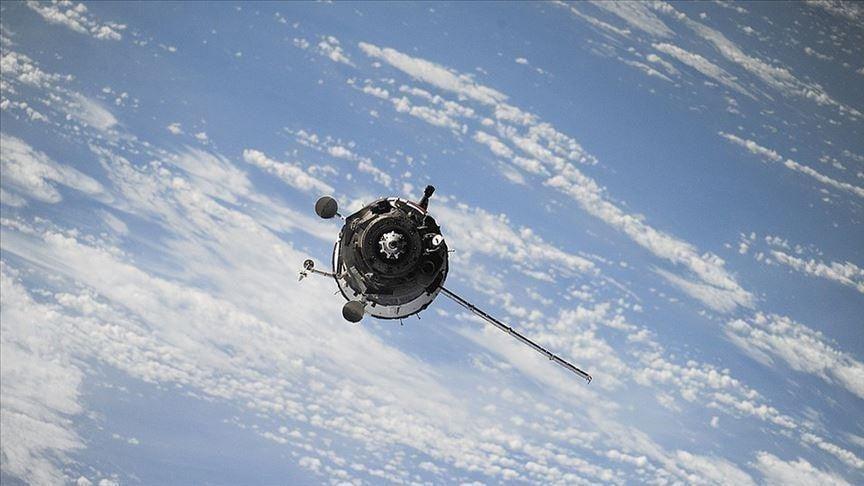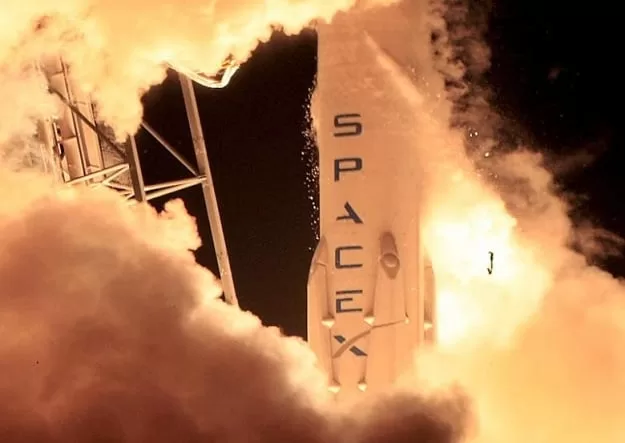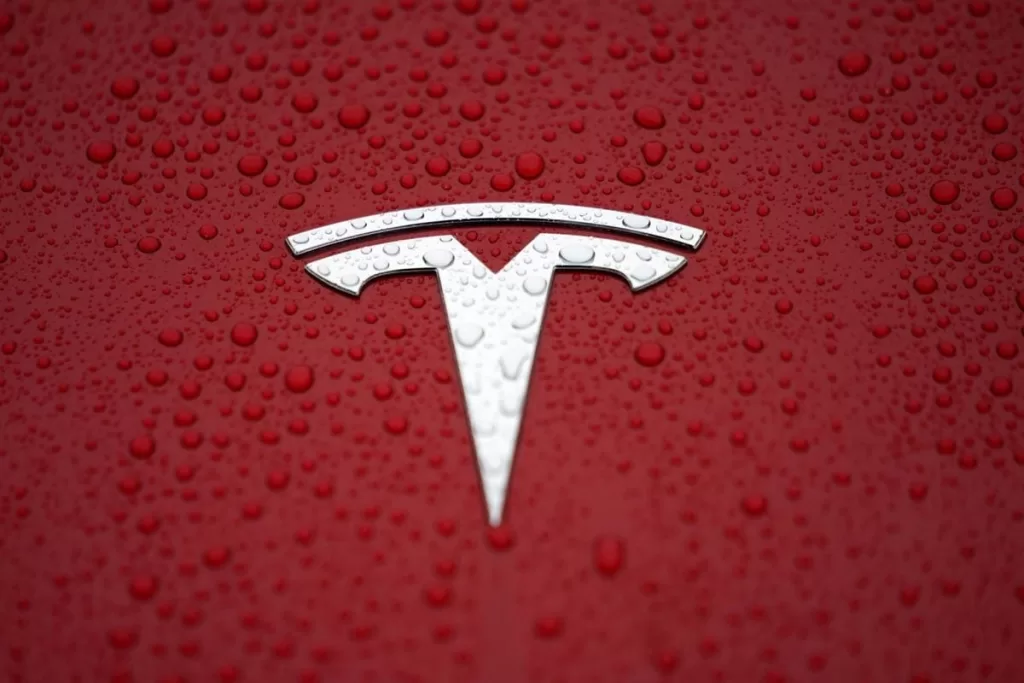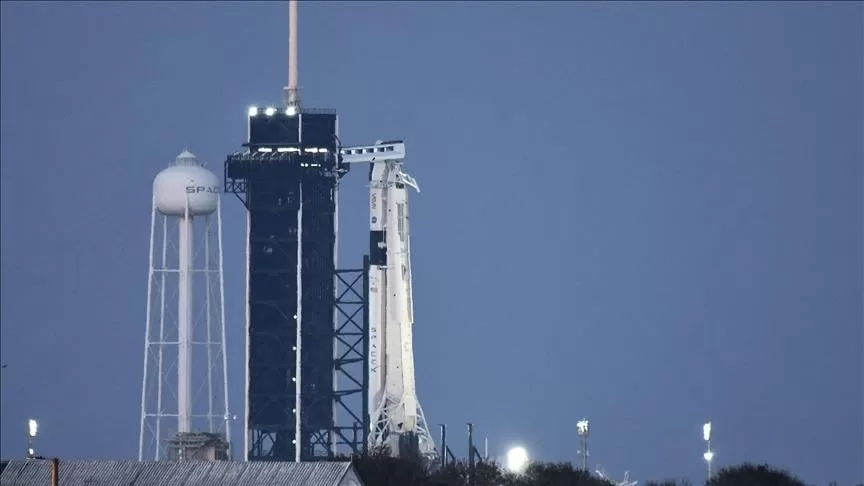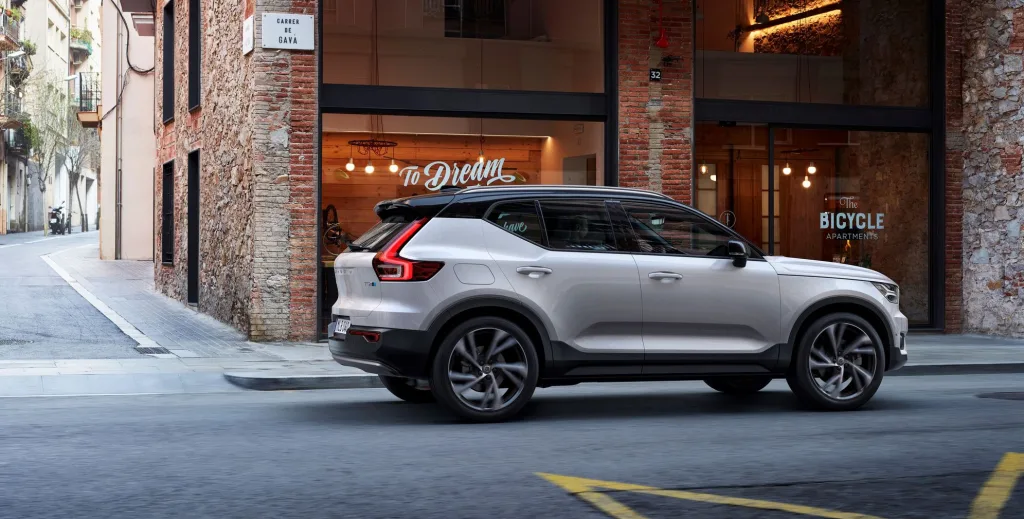The European Commission’s move to impose tariffs on imported Chinese EVs could significantly impact European automakers, potentially sparking a trade conflict that jeopardizes their operations in China and imports of Chinese-made vehicles.
German automakers, in particular, are deeply concerned about the repercussions in China. BMW CEO Oliver Zipse criticized the decision, calling it misguided.
Starting in July, tariffs as high as 38.1% will apply to Chinese-made electric vehicles, amounting to substantial financial implications for European automakers. Despite this, Chinese automakers are likely to continue exporting to Europe, absorbing the additional costs to maintain profitability.
While some Chinese automakers have expressed opposition, Nio affirmed its commitment to the European EV market despite the tariffs. Additionally, BYD and Chery have announced plans to manufacture vehicles within Europe to circumvent the tariffs.
Will Roberts from Rho Motion pointed out that while Chinese automakers can manage the tariffs, the real test lies in potential retaliatory measures from Beijing, which could further impact Europe’s automotive sector.
European manufacturers heavily rely on the Chinese market, and any decline in profits could hinder their transition to electric vehicles. Chancellor Olaf Scholz cautioned against isolationism and unlawful trade barriers, emphasizing their detrimental economic effects.
Volkswagen and Mercedes-Benz voiced concerns over the tariffs, highlighting their adverse effects on the German automotive industry and the broader European market. Mercedes CEO Ola Kaellenius emphasized the importance of expanding fair and free trade.
Moreover, European automakers face challenges as the tariffs will affect Chinese-made vehicles imported into Europe, including models like Renault’s Dacia Spring EV and BMW’s Mini EVs and iX3.
The European auto industry’s dependence on Chinese components, especially for EVs, underscores China’s crucial role in the global supply chain. BMW’s CEO Oliver Zipse warned that escalating trade tensions could severely impact the transition to EVs in Europe, stressing the necessity of Chinese resources for achieving sustainability goals.


